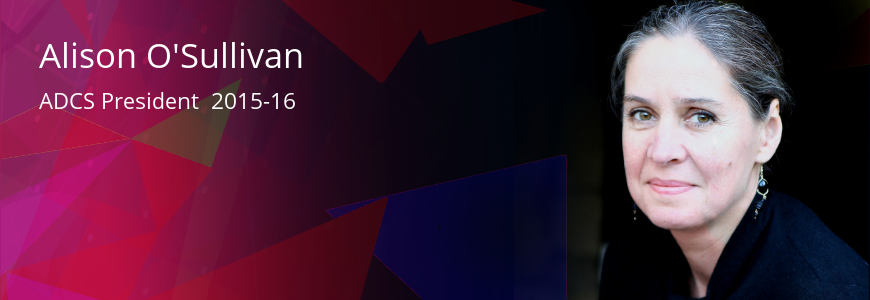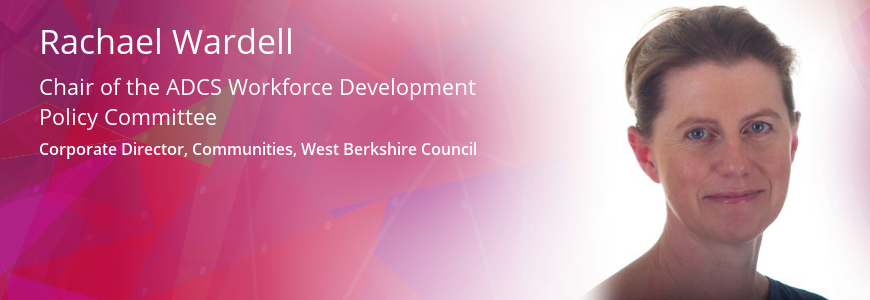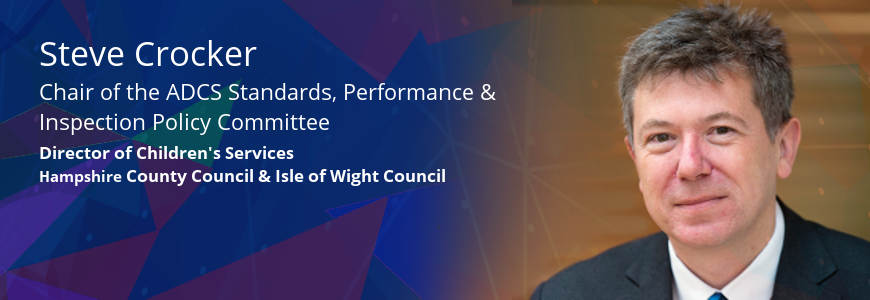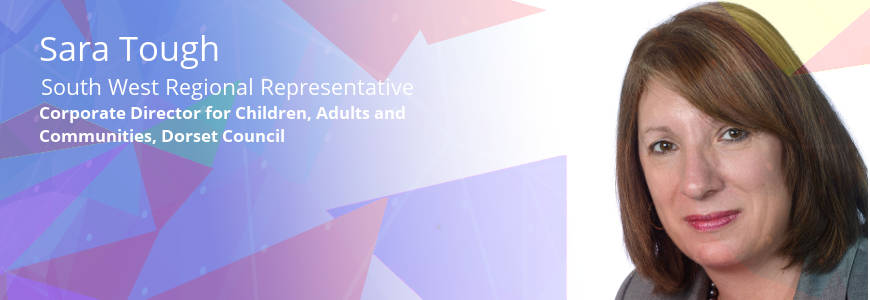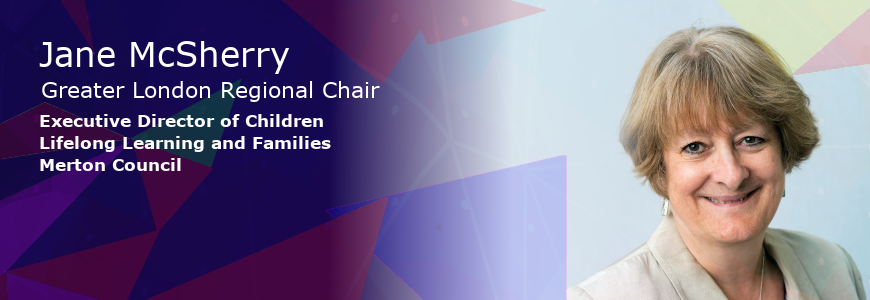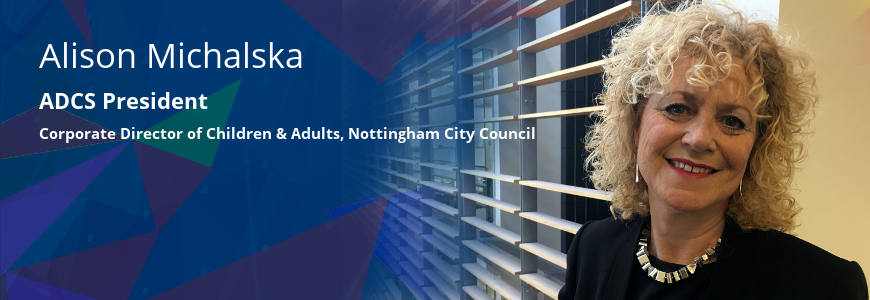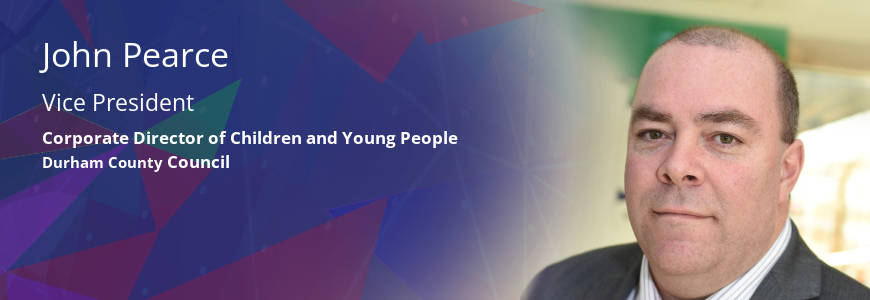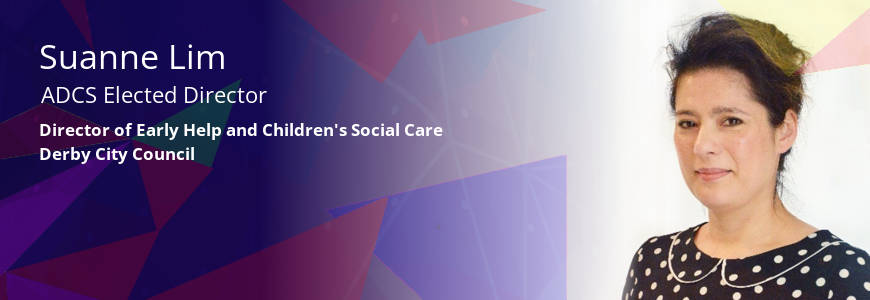What’s the purpose of auditing casework?

What’s the purpose of auditing casework? I have been pondering this for a while. It has a genuine purpose, done well it tells managers about the quality of practice in the system and if thresholds around risk feel right or not. Done poorly, it tells us nothing and, at its worst, fools us into thinking practice is better than it is.
What audit doesn’t particularly do well though, is improve the quality of practice. I tend to find that workers see it as something that is done to them, leaves them a list of corrective actions and tends to say, “you aren’t doing well enough”.
Don’t get me wrong, sometimes there is a need to audit to understand the state of practice or themes and elements, but let’s be clear, that is what it is doing and nothing more.
Here in North Yorkshire, we had a good look around the sector for what others were doing in this space and found some great practice and ideas – sector led improvement at its best – which led us to developing a new model for the local authority and we introduced this new approach over a year ago. We refer to it as “a learning space” and its predominant aim is to improve practice.
The monthly learning space takes place as a reflective conversation between the allocated worker, their line manager (the reviewer), and a peer manager (the moderator). The reviewer is asked to review a case within their own team alongside moderator who is from a different team. The purpose of an independent moderator is to achieve consistency across all teams over a period of time, to enable learning to be shared more widely and provide an important element of challenge to the conversation. This process seeks evidence of strong practice including capturing the voice of the child and family to further enhance our understanding - receiving direct feedback from children and families, and partner agencies is critical to the learning. A monthly report is presented to the Children & Families Practice Improvement Forum and monthly business meetings where progress against recommendations are tracked. A quarterly report is produced for myself and the senior team which collates all of the Quality of Practice activity and creates a learning feedback loop for the service as well as further fostering a culture of continual improvement.
I think it’s a win win. At the heart of our practice model is doing things with children and families, not to them and it’s only right that we also model this behaviour with each other. This is a strengths based collaborative learning space, done with the worker and manager, not to them. They explore practice and improvement, I get a report telling us about the state of the quality of practice around the local authority, what’s working well and what we jointly need to improve.
Staff feedback has been positive, although it remains a challenge in making sure people fit them in, but this has improved over the year as people see greater value in them. We gathered feedback after 12 months and used staff suggestions to further develop the approach, co-creating the process and the tools as we refine and evolve.
It must be noted that this sits as one part of a wider framework that mixes data, quality and user feedback. We call this our Quality and Learning Framework and is based on the very good practice guide developed by Research in Practice.
I am not suggesting this is the only answer, my thanks goes to colleagues for sharing their ideas, but I am confident that this is leading to learning and improvement through audit in a way that the system we had before didn’t achieve. It’s worth pondering!
Related Blog Articles
I'm ending the year by reflecting on the recent announcement by David Cameron...
In General
One of the lasting impressions left by my leadership development training with...
In Leadership
I have blogged here before about how in West Berkshire we’re choosing to focus...
In General
As directors of children’s services there is a temptation to look at our...
In Inspection & Improvement
In the South West region we can often be challenged by our geography, which can...
In Inspection & Improvement
It looks like it’s going to be a busy period for the ADCS Standards,...
In General
I was asked recently, as a senior leader, to contribute to our International...
In General
I want to start the first blog of 2018 by wishing you all a very Happy New Year....
In General
I was in a fascinating conversation with a policy type this week, apparently we...
In General
Last week’s blog by Steve Crocker, Chair of the ADCS SPI policy committee, got...
In Inspection & Improvement
Looking outside at the spring sunshine it feels like change is in the air,...
In Workforce
When it was suggested to me that I put myself forward to chair the ‘spy...
In Inspection & Improvement
To all those colleagues who have worked or are currently working in authorities...
In Inspection & Improvement
If, like me, you have juggled home working with periods of home schooling, you...
In General
Hello ADCS Colleagues I recently had the privilege of being part of a panel...

